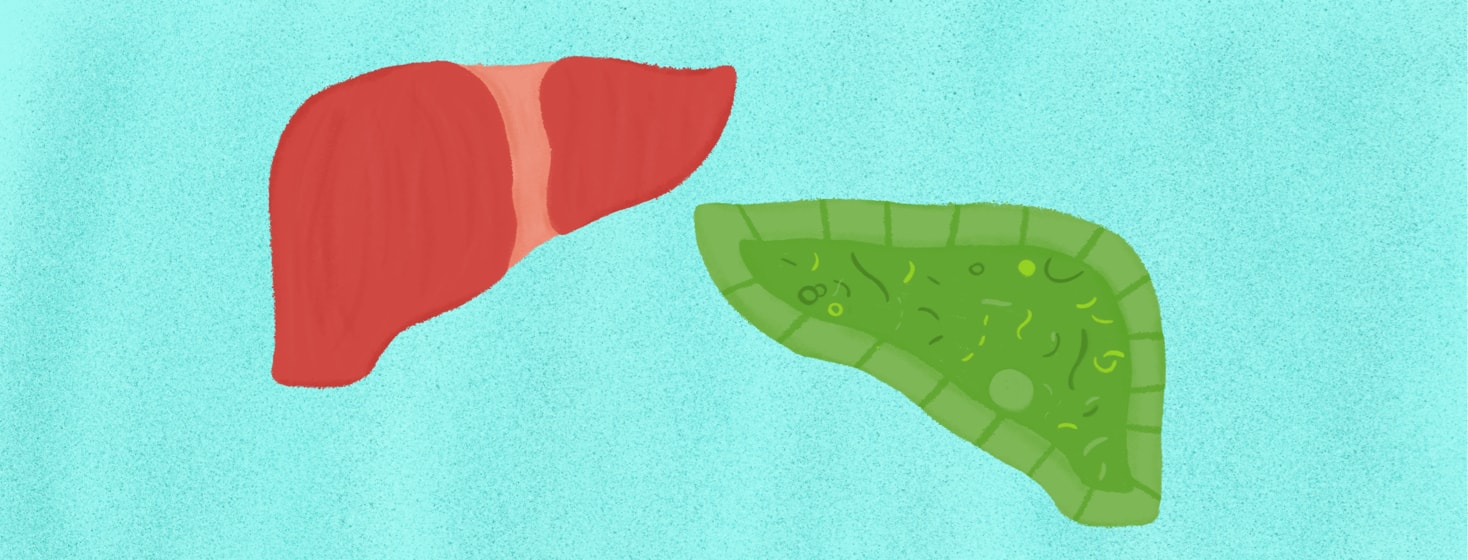How to Know if It's a Hep C Symptom or Something Else
The fear and potential realities of hepatitis C are serious and can be disruptive. Given the significance of hepatitis C, it would be reassuring to verify that hep C indicators are clear and unequivocal; Unfortunately this is not the case. Many of the symptoms of hep C could be indicators of a wide spectrum of ailments and/or serious illnesses.
Hepatitis C symptoms
The Mayo Clinic lists the following as signs and symptoms of chronic hepatitis. The acute condition, also the first stage, is often “silent” and many of those infected don’t realize they have the disease. In the chronic phase, liver damage is often progressing and the indicators more pronounced, such as:1
- Bleeding easily
- Bruising easily
- Fatigue
- Poor appetite
- Yellow discoloration of the skin and eyes (jaundice)
- Dark-colored urine
- Itchy skin
- Fluid buildup in your abdomen (ascites)
- Swelling in your legs
- Weight loss
- Confusion, drowsiness and slurred speech (hepatic encephalopathy)
- Spider-like blood vessels on your skin (spider angiomas)
Understanding your risks
Some of these indicators such as yellow discoloration, dark urine and confusion, tiredness, and slurred speech can be more directly linked to liver failure. Others, such as poor appetite, weight loss and itchy skin, have many triggers and thus might be easier to overlook as symptoms directly related to hepatitis C. Linking one’s personal history to these symptoms can offer a cause and effect situation and suggests testing should be done to establish that one isn’t infected or if so, that treatment can begin. If you have injected drugs, received a blood transfusion or solid organ transplant prior to 1992, received blood clotting factor concentrates before 1987 and have any of the above symptoms, a visit to a care provider and test should be scheduled.
Getting tested
As noted above, hep C can be asymptomatic for many years, so early detection is important to prevent serious liver damage and those at high risk should seek attention, especially if any indicators appear. The CDC does recommends testing for hepatitis C for anyone 18 or older, all pregnant women, all people with HIV, those who have injected drugs, and people with specific medical conditions or had the procedures mentioned above.2
Hepatitis C versus a cold or flu
Some symptoms, fatigue, poor appetite, and weight loss could be symptoms of a cold or flu. Flu symptoms appear one to four days after exposure and last five to seven days.3 The symptoms of acute hep C appear between 2 and 25 weeks after exposure and last 2 to 12 weeks.2,4 Because the initial effects of hep C last longer than the flu, and often much longer than the flu or other potential triggers, the length of some symptoms can be an indicator that one has or should get tested for the virus. The difficulty, again, is that the symptoms in many cases may not appear at all, or not until the virus enters the chronic phase.

Join the conversation